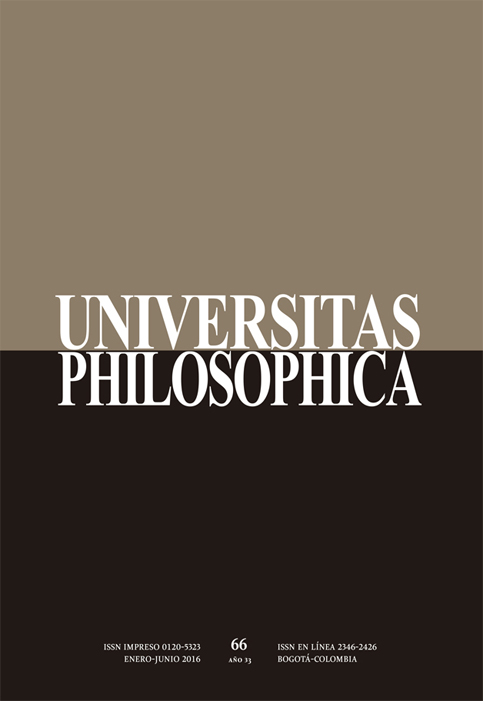Abstract
This article presents the results of the research “Philosophical Attitude and Childhood: Teachers’ Formation and Transformation”, developed at the Universidad Pedagógica y Tecnológica de Colombia UPTC Kindergarten, by using the Community of Inquiry as a strategy to foster a philosophical attitude. It is divided in three descriptive moments, the first one, previous considerations, contains: philosophy as a tool to think, philosophical attitude as a life style, philosophy for kids as a theoretical and methodological perspective; the second one includes methodological perspectives; and the third one, the experience as a transformation, covers: the Community of Inquiry and ludic, the Community of Inquiry with kids, teacher’s formation and transformation, childhood’s discovery, critical, creative and ethic thinking in childhood, and from the Community of Inquiry to a life style.
This journal is registered under a Creative Commons Attribution 4.0 International Public License. Thus, this work may be reproduced, distributed, and publicly shared in digital format, as long as the names of the authors and Pontificia Universidad Javeriana are acknowledged. Others are allowed to quote, adapt, transform, auto-archive, republish, and create based on this material, for any purpose (even commercial ones), provided the authorship is duly acknowledged, a link to the original work is provided, and it is specified if changes have been made. Pontificia Universidad Javeriana does not hold the rights of published works and the authors are solely responsible for the contents of their works; they keep the moral, intellectual, privacy, and publicity rights.
Approving the intervention of the work (review, copy-editing, translation, layout) and the following outreach, are granted through an use license and not through an assignment of rights. This means the journal and Pontificia Universidad Javeriana cannot be held responsible for any ethical malpractice by the authors. As a consequence of the protection granted by the use license, the journal is not required to publish recantations or modify information already published, unless the errata stems from the editorial management process. Publishing contents in this journal does not generate royalties for contributors.


